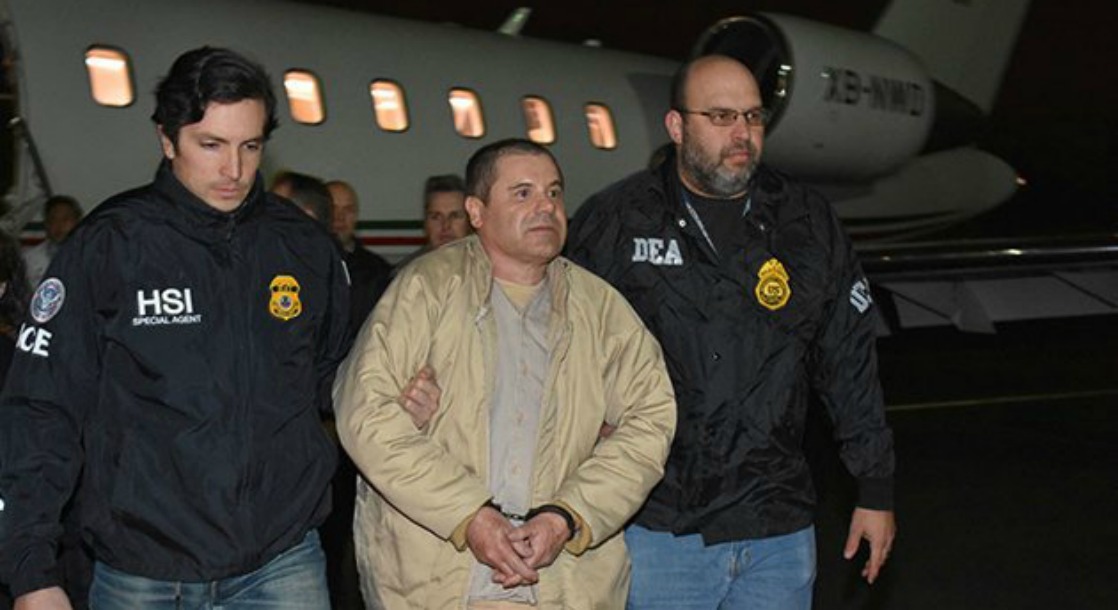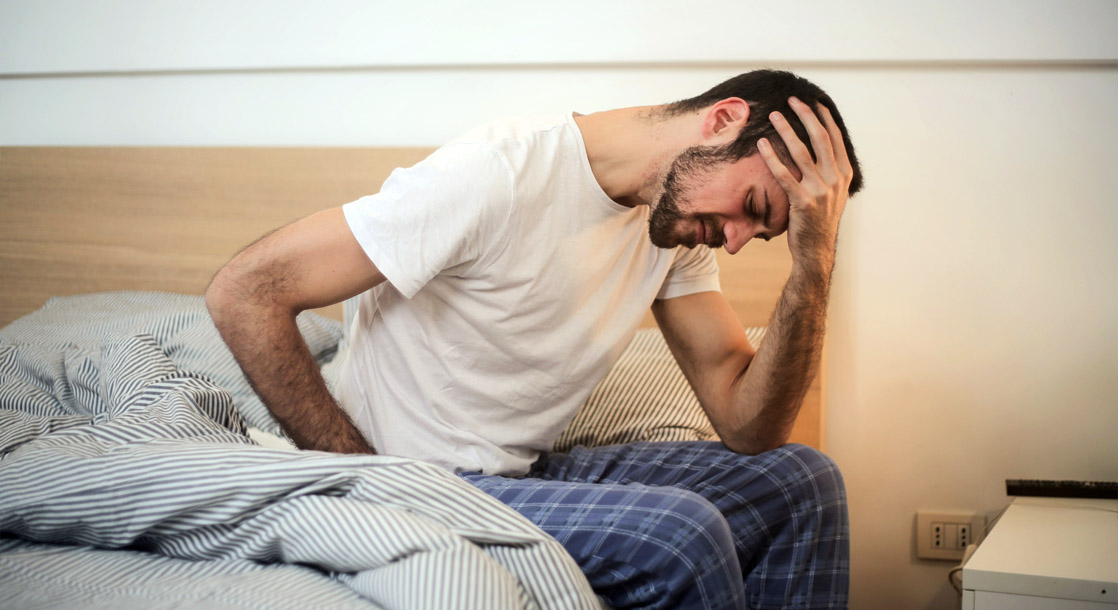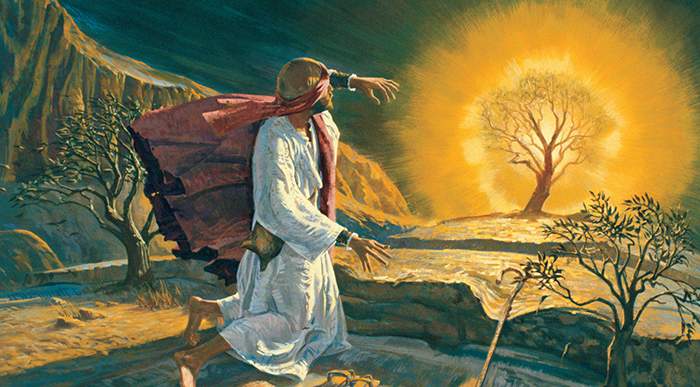Joaquín Guzmán Loera, better known to the world as international drug kingpin El Chapo, has brought a legal challenge against his recent extradition from Mexico to the U.S., where he is expected to stand trial next year for assorted drug-related federal charges. According to the New York Times, prosecutors in several U.S. states have accused Guzmán of running the Sinaloa drug cartel, overseeing the murders of thousands of people while shipping over 200 tons of cocaine into the U.S.
El Chapo famously escaped from a Mexican prison in 2015 via a tunnel dug by his associates, but was recaptured in 2016 and then extradited to Brooklyn this January. Mexican authorities initially agreed to extradite Guzmán only to Texas or California, but suddenly consented to send him to New York on the day of the extradition. In order to extradite him to New York, the Mexican government had to issue a waiver to the Rule of Specialty, which requires defendants to be tried only on the specific charges for which they are extradited.
Guzmán's lawyers, Michelle Gelernt and Michael Schneider, have challenged the legality of this waiver. The attorneys have questioned how Mexican officials could have followed proper protocols in obtaining the waiver in such a short time period. The lawyers have also questioned the legality of Brooklyn prosecutors' attempts to seize $14 billion in alleged drug profits from Guzmán, because forfeiture allegations were not included in the original extradition paperwork.
The lawyers in this case are not arguing against the actual drug charges leveled against El Chapo, but are only arguing against the legality of the extradition. Even if the judge presiding over the case agrees with the defense attorneys and dismisses the indictment, Guzmán will not be set free. The alleged drug lord can still be prosecuted in any of the other cities where he has been indicted.











